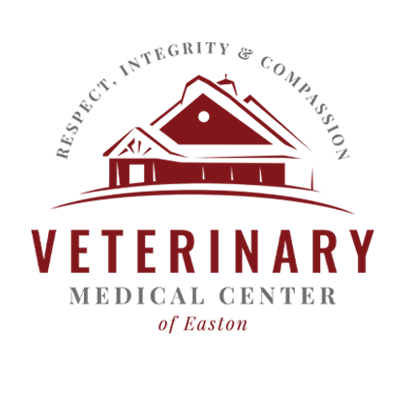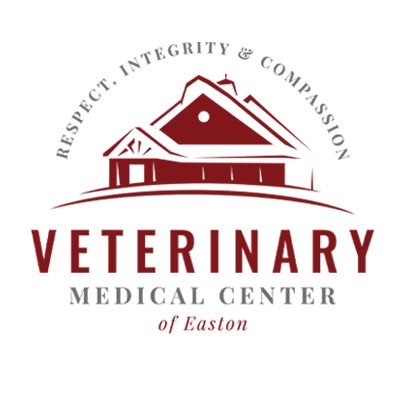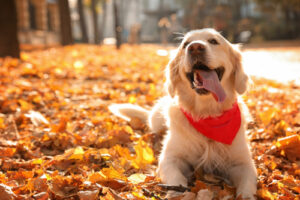What is Equine Coronavirus?
Equine coronavirus (ECoV) is well known as a cause of gastrointestinal disease in foals. However, recently this virus has been linked with intestinal diseases in adults.
What are the clinical signs of ECoV?
Infected horses tend to develop high fevers (>103°F), inappetence, dullness, and lethargy that may last two to four days with minimal treatment. Some horses may experience soft manure to diarrhea with mild colic signs such as flank watching and/or lying down. In rare cases, ECoV may lead to translocation of bacteria from the intestinal tract and lead to serious complication like septicemia, endotoxemia, and encephalopathy.
How is ECoV transmitted?
ECoV is spread horse to horse by manure-to-mouth. Both symptomatic and non-symptomatic horses can transmit the virus in their manure for three to four weeks that may lead to clinical disease. Research is ongoing to assess sources of outbreaks. The disease is highly infectious and appropriate biosecurity measures are essential during an outbreak. Although many horses may become infected (high morbidity) overall mortality is low. The virus is suspected to live in the environment for up to 72 hours.
How is ECoV diagnosed?
Gold standard for diagnosis of ECoV is submission of manure sample for PCR testing for presence of the virus genetic code. Such testing may take several days to perform thus treatment is started prior to confirmed diagnosis in many cases.
How is ECoV treated?
Main goal of treatment of ECoV is supportive care for the clinical signs displayed such as IV fluids to avoid dehydration, medication to reduce fever such as Banamine®, and gastrointestinal/anti-ulcer protectant medications such as BioSponge® and Gastroguard®. Close monitoring for laminitis and preventative measure of deep bedding and/or hoof padding is recommended.
How to limit spread during an outbreak?
Strict biosecurity measures must be established. Affected horses must be kept separate from unaffected horses. Separate barn equipment must be used when handling/treating sick horses. It is recommended to handle sick horses last and limit the overall traffic occurring in/out of barn during an outbreak. Veterinarian grade disinfectants are required to inactivate the virus.
Denise Newsome, BVSc, MRCVS, DABVP(equine)





